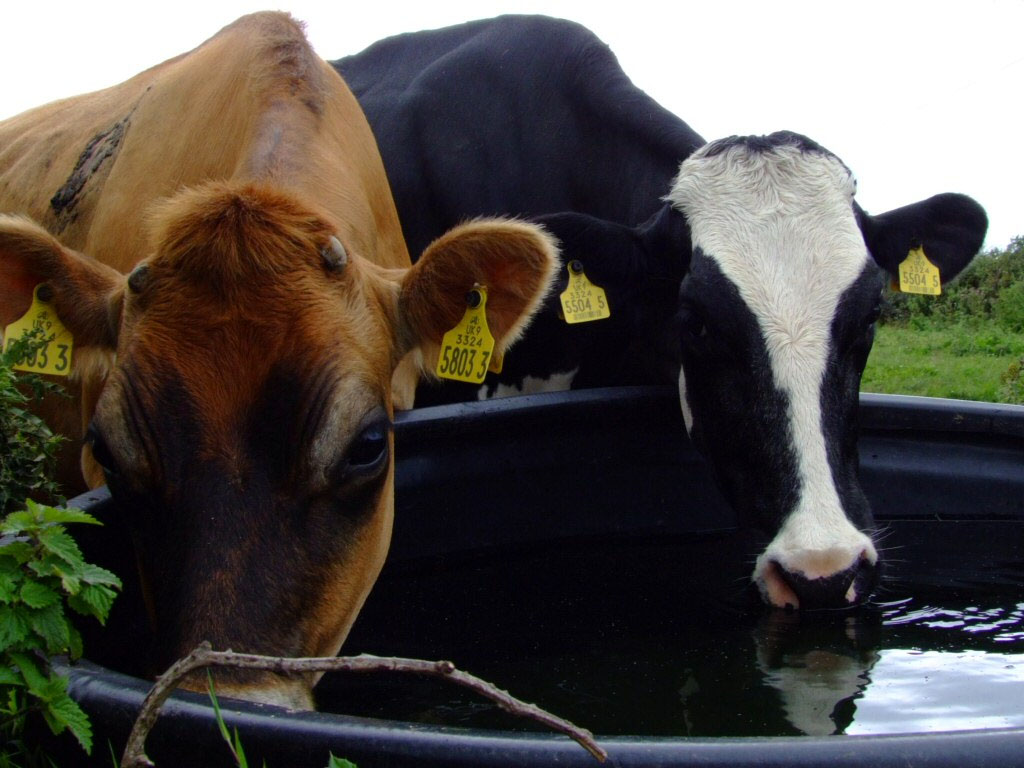Monday, August 31, 2015 - Of all mammals, a lactating dairy cow has the highest water intake requirement relative to its size. That’s not too surprising given the fact that milk is 88% water. Common sense, supported by research, has established a positive relationship between drinking water quality and overall health and production of dairy cows.

Drinking water quality is easily overlooked and if lacking can have serious impacts on cow health and production. Consider the following:
- A recent study indicated that excess minerals in water may interfere with DM or NDF digestion in dairy cows, and excess concentrations of iron or magnesium can cause decreased performance and other health problems.
- Cleanliness, total dissolved solids, and high sulfur are common culprits in palatability issues and can reduce water intake thus affecting dry matter intake.
- Previous drinking water quality research on water safety and palatability has raised awareness of the importance of good quality water for cows. However, research is lacking on how water quality may affect ruminal digestion. The concern is a possible "gray area" between what's accepted as safe for cows, and what's actually optimal.
- A recent study found that the rate of ruminal NDF or DM digestion was 7% per hour faster when cows drank distilled water vs. poor quality water. A 7% difference is significant when just a 2% unit drop in digestibility can decrease dry matter intake by 0.74 lb. per day, and milk output by 1.02 lb. per day.
COMMENT: The ABC self-select mineral program allows dairy cows to adjust their mineral intake to accommodate differences in mineral content in water as well as the ration. Learn more about the Mineral program here.
Learn more here